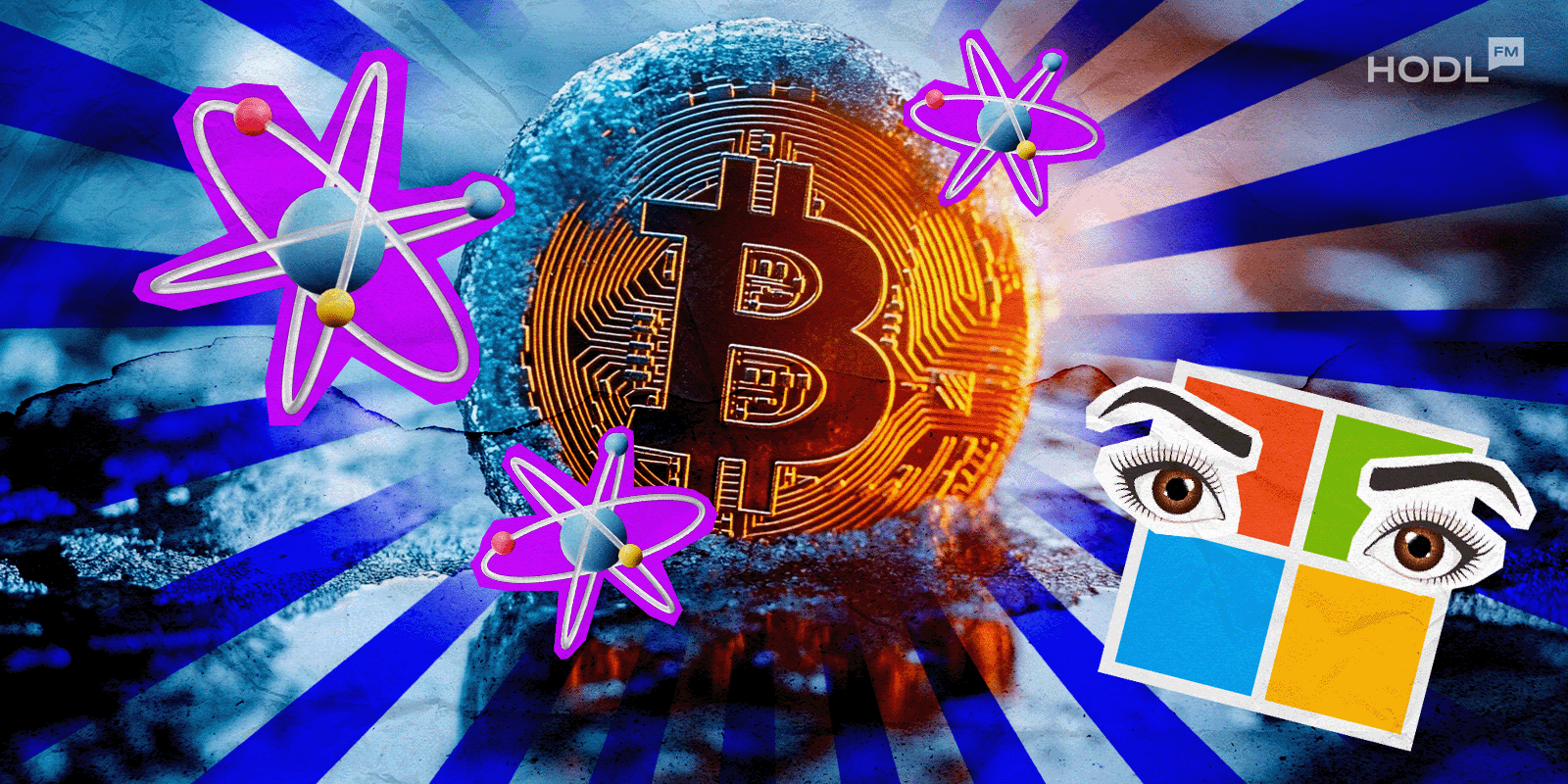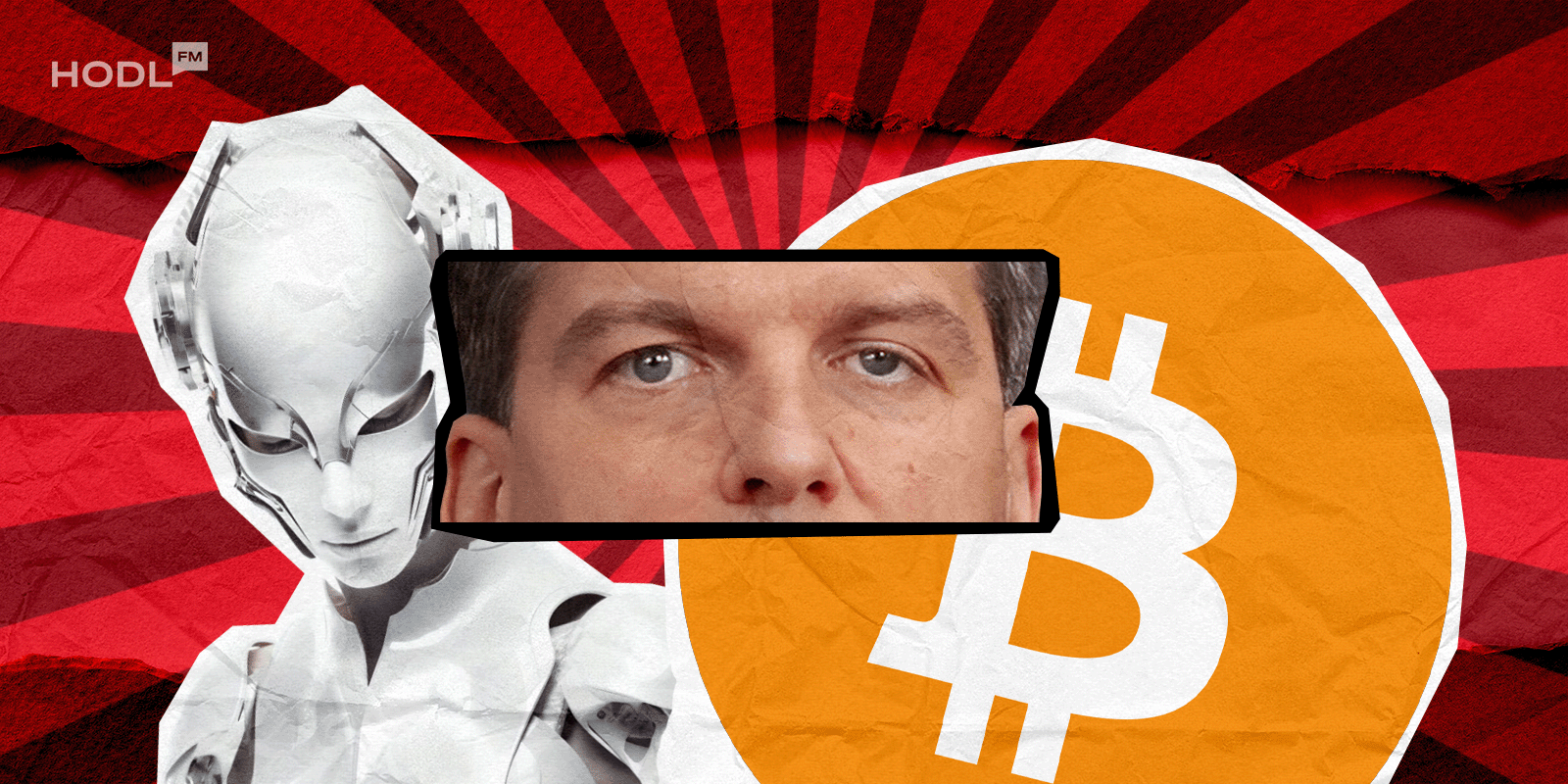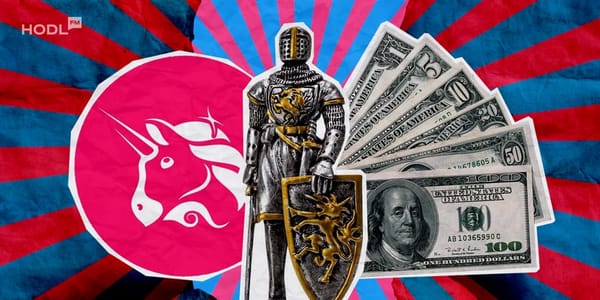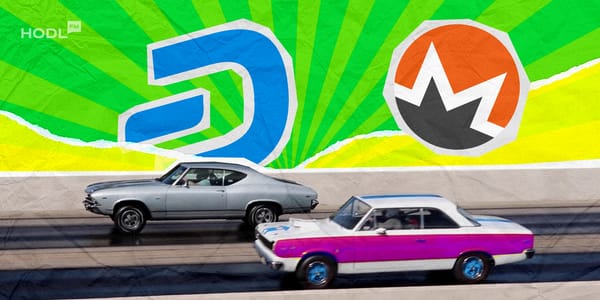Michael Burry, the legendary investor best known for predicting and profiting from the 2008 housing market collapse, is once again making headlines with a massive new contrarian play. His hedge fund, Scion Asset Management, has filed disclosures showing a $1.1 billion bearish position against two of the most hyped artificial intelligence (AI) firms on Wall Street: Nvidia and Palantir Technologies.
Scion Asset Management’s latest revelation
According to Scion’s Form 13F filing for the quarter ending September 30, Burry purchased put options with a notional value of about $187 million against Nvidia and $912 million against Palantir. Put options are contracts that increase in value when the underlying stock’s price declines, allowing investors to profit from downward moves.
The filings don’t specify the strike prices or expiration dates of the contracts, meaning it’s not known how aggressive Burry’s positions are or whether he’s still holding them. However, the scale of the disclosed positions, valued at over $1.1 billion combined, has captured immediate attention and stirred volatility across AI-linked stocks.
Nvidia’s stock fell roughly 4%, and Palantir’s tumbled 8% shortly after the news broke, as investors digested the message behind one of Wall Street’s most famous doomsayers turning against AI giants.
Why Burry’s move matters
Form 13F filings often spark significant market reaction because they offer insight into the buying and selling activity of major institutional investors. As an investor who accurately called the subprime mortgage collapse before the Great Recession, Burry’s signals tend to resonate far beyond his actual portfolio size.
Burry has long been known as a contrarian investor, one who bets against the prevailing market sentiment when he perceives bubbles or distortions in valuation. His latest move comes at a time when AI-related stocks have soared to record-breaking valuations amid optimism about machine learning and data-driven automation. Nvidia, now valued around $5 trillion, commands a sky-high price-to-sales ratio that resembles late-stage bubble conditions. Palantir, meanwhile, trades with a forward price-to-earnings ratio exceeding 200, despite relatively modest profitability compared to its valuation.
Alex Karp fires back
Palantir CEO Alex Karp did not hold back when asked about Burry’s short positions during an appearance on CNBC’s Squawk Box. He flatly dismissed the idea that betting against AI was a rational move.
“The two companies he’s shorting are the ones making all the money, which is super weird,” Karp said. “The idea that chips and ontology is what you want to short is bats— crazy.”
“He’s actually putting a short on AI. ... It was us and Nvidia,” Karp added.
Later in the interview, Karp expressed frustration at what he perceived as unjustified negative speculation around his company’s performance. “With the shorts it’s very complex ... honestly I think what’s going on here is market manipulation,” he said. “We delivered the best results anyone’s ever seen. It’s not even clear he’s not doing this to get out of his position. I mean these people, they claim to be ethical, but they are actually shorting one of the great businesses of the world.”
Karp even added, “I do think this behavior is egregious and I’m going to be dancing around when it’s proven wrong.”
Industry leaders respond to the “AI bubble” debate
While Palantir’s CEO reacted with anger, Nvidia’s leadership has taken a calmer tone. CEO Jensen Huang said in a Bloomberg Television interview that he does not believe the world is in an AI bubble, pointing to continued demand for high-performance graphics processing units (GPUs) that underpin artificial intelligence applications across industries. Nvidia maintains that AI will remain a transformative growth engine for years to come.
But the debate over an AI bubble is gaining momentum. Even OpenAI CEO Sam Altman recently acknowledged that investor enthusiasm might be overextended.
“Are we in a phase where investors as a whole are overexcited about AI? My opinion is yes. Is AI the most important thing to happen in a very long time? My opinion is also yes,” Altman said at an industry event.
Market reactions and broader implications
The short-term market reaction to Burry’s disclosure has been swift. Both Nvidia and Palantir saw notable declines, dragging down broader tech indices. Analysts have cautioned that even if Burry’s positions eventually pay off, timing such contrarian wagers is notoriously difficult.
Burry himself has remained silent following the uproar, declining CNBC’s request for comment. However, he recently posted a cryptic message on X.
“Sometimes, we see bubbles. Sometimes, there is something to do about it. Sometimes, the only winning move is not to play.”
The bottom line
Whether Burry’s bearish AI wager proves prescient or premature remains to be seen. What’s clear is that his $1.1 billion short positions have reignited debate about whether Wall Street’s AI optimism has crossed into mania.
Investors are now paying closer attention to fundamentals rather than hype. And just like during the 2008 financial crisis, Michael Burry has positioned himself to profit if the crowd turns out to be wrong.

Disclaimer: All materials on this site are for informational purposes only. None of the material should be interpreted as investment advice. Please note that despite the nature of much of the material created and hosted on this website, HODL FM is not a financial reference resource, and the opinions of authors and other contributors are their own and should not be taken as financial advice. If you require advice. HODL FM strongly recommends contacting a qualified industry professional.





